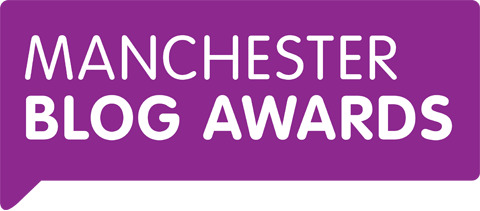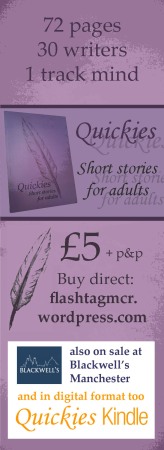 No-one knows why, they just know that it’s true. There will be no more food. A world seduced by overindulgence means there’s a huge amount left; but there is a larger mass of people who will now go unfed.
No-one knows why, they just know that it’s true. There will be no more food. A world seduced by overindulgence means there’s a huge amount left; but there is a larger mass of people who will now go unfed.
And no-one could have predicted this reaction. The president stepped down immediately, but just as quickly they reached a consensus on how we should react: don’t eat. It was a simple plan for desperate times.
Theoretically the maxim only applied to those living in richer countries, those who had been drowning in their excess. It would ensure there was more left for those who really needed it to survive. It was sacrifice on a global scale, and people simply agreed to it. There was unanimous consent which placed the act of eating higher than murder on the scale of sin. For them eating was murder; not for the animals that campaigners used to fight to protect, but for the rest of the population.
Logically, it didn’t hold up. But people facing the biggest crisis of their time are not apt to act reasonably, and clinging to one rule that everyone could understand provided some comfort.
Food was policed with evangelical zeal, and those few who tried to get to it were publicly punished and shamed. It was the most selfish, unforgivable thing you could do, and that became our truth. There was no room for debate, for an alternative approach. We would not eat.
Nobody questioned the rhetoric, even as piles of leftover food began to go bad, waves of stench floating up and out as people continued to live, starving.
It might sound strange, but even though I was one of the renegades – one who saw only the pursuit of food, hiding from watchful eyes too large for their sockets, and snatching scraps when backs were turned – I cannot remember feeling hungry.
I must have done. It was the driving force of my existence, in a strange right angle to the accepted view.
Words: 330



Leave a comment